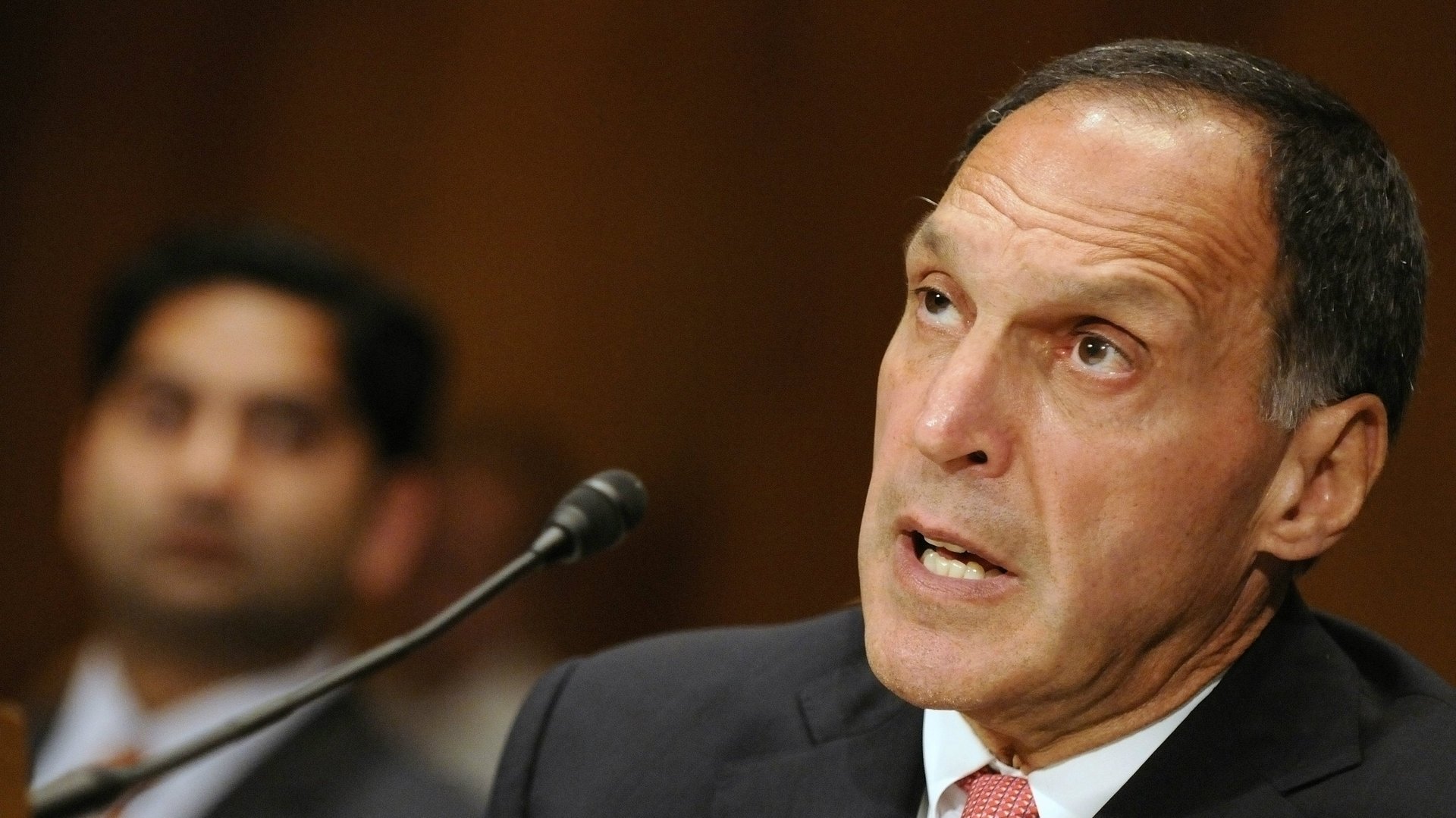The financial crisis taught me you can’t count on institutions—but we can count on each other
A reporter recently asked me: What did you eat for breakfast on September 15th? He was writing a 10-year anniversary piece on the financial crisis which I covered for the New York Times. It was a reasonable question—one that we reporters lob at subjects all the time.


A reporter recently asked me: What did you eat for breakfast on September 15th? He was writing a 10-year anniversary piece on the financial crisis which I covered for the New York Times. It was a reasonable question—one that we reporters lob at subjects all the time.
But I was stumped. All I could think was that since since September 15th, 2008, I have had two kids, written a book, buried a brother and a father, moved to another country, and changed jobs. “ I don’t really remember,” I said. “It was a long time ago.”
That’s not to say I don’t remember the day. I do: I was working with a crack team of reporters, many whom were also close friends, on the biggest story of our lives. We were high on adrenaline, stoked to beat the Wall Street Journal on every twist and turn of the fast-unfolding Lehman story, and genuinely curious about what would happen next. We geeked out on contingency plans, what happens when you break the buck and then-Lehman chief Dick Fuld’s mercurial personality. I was also more than nine months pregnant, so I also remember really hoping I would not have my first kid in the newsroom (#awkward).
If there was ever a day to send me into labor, Sept. 15th was that one. The financial crisis was well underway. Bear Stearns had collapsed (scooped up by JPMorgan Chase for $2 a share), and Merrill Lynch CEO Stan O’Neal had tried to sell the company in a secret fire sale due to toxic assets on the balance sheet. (The Times story on O’Neal cost him his job—and won us a big award.
But that was just part of the warm-up act.
We arrived that Sunday to cover Lehman with sources close to the Fed saying bankruptcy was imminent, and very senior sources at Lehman saying it was not—a delicious reporting dilemma. At around 5pm, my cell phone rang. One of my best sources asked me where I was.
“Newsroom, duh,” I said.
“Go into a separate room,” he said.
“Fuck you,” I said, reminding him I was 9.2 months pregnant. “My feet are swollen and I am very fat.”
“Do it,” he said. I did. He told me Bank of America was buying Merrill Lynch.
“How much?” I said instinctually. And then, “Wait, WHAT?”
I sprinted to tell my colleagues so we could try and get the needed confirmations.
As the evening barreled along, there was audible panic in all of our sources’ voices. High-level officials in government, banking and oversight seemed confused, as eager for our information as we were for theirs. Then came another call: a source had told Andrew Ross Sorkin that the US government was about to inject $100 billion to save American International Group. We had three stories to write, and the deadline for the first edition was fast approaching. We wrote a different one for the next edition, eventually stumbling home around 2 am.
When we went to bed that night, we were exhausted, excited, and well aware that the next day would be way bigger than the one we had just finished. I remember thinking, There are no grown-ups here. There are no experts. And I remember thinking that I really did have it all: The best job in the world, amazing peers, a brand-new husband who I adored, and a baby, days away from arrival.
In the space of that week, everything about the big world and my much smaller one would change radically. The financial system would, indeed, fall apart, causing suffering for many. And the birth of my daughter would mark the beginning of a decade filled with immeasurable love and loss. What I did not know was that evening was the one where I crossed over an invisible line—from my career-oriented and self-centered 30s to a future concentrated on a complex mosaic of people, whose support and love I did not yet know I needed.
I took leave from the Times a week later and gave birth to a girl. Almost immediately, I started a book. I thought parenting—like being a good friend, and a good daughter—was what you did when you were not working. The truth turned out to be the reverse: my kids came first, as would my brother when he got sick, his kids when he died, and my mom when my dad got sick. Families can break, and need time and care to be put back together. It’s hard to do this on deadline.
I don’t remember what I had for breakfast on September 15th. I remember it was a rich, full, exciting day: One of total focus, high stakes, and, for a fleeting moment, the sense of having it all. The world fell apart, and mine frayed too. But it came back together as I built a community that will hopefully stay with me, even when I stop cranking out the copy against a ticking clock.